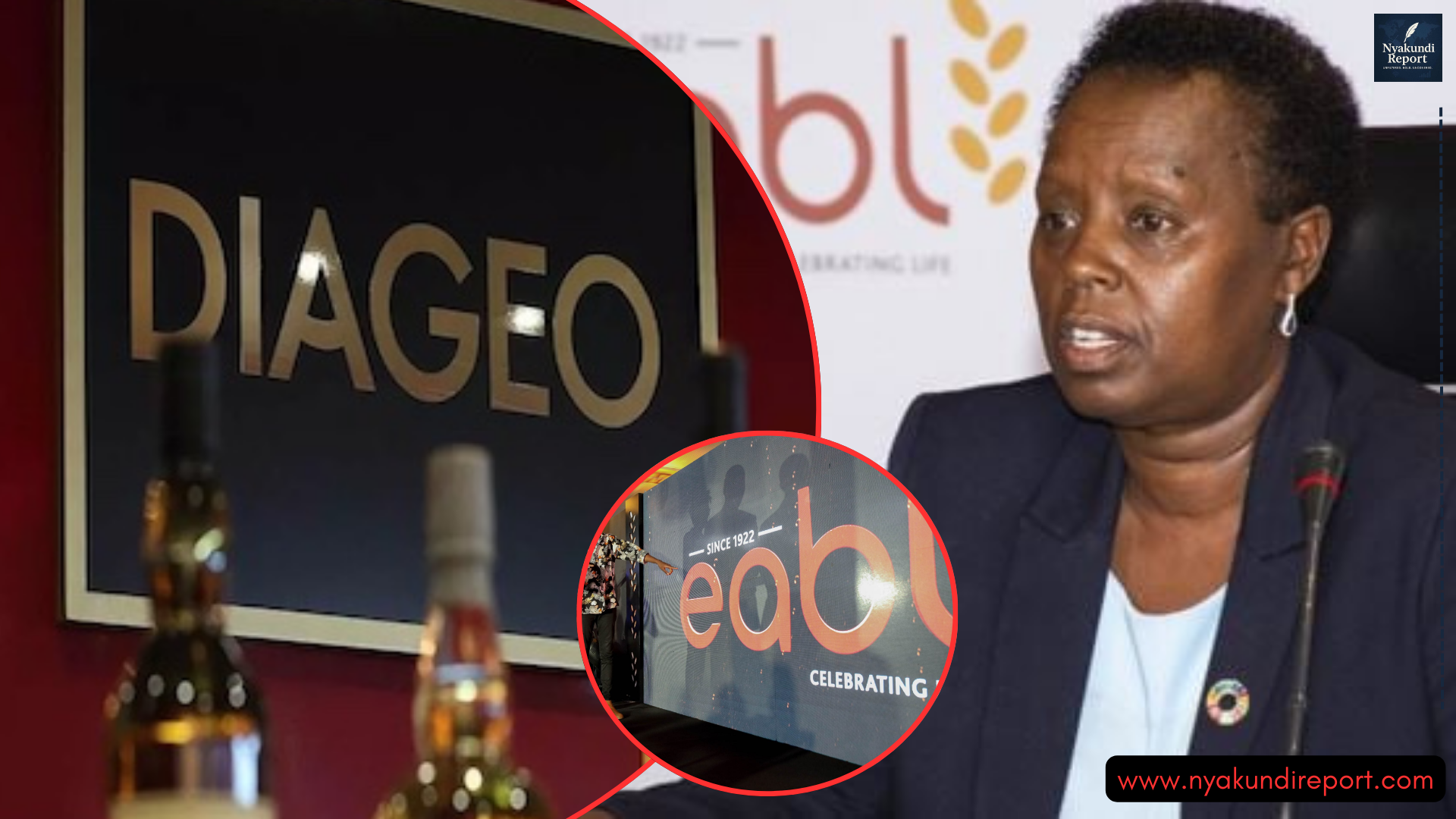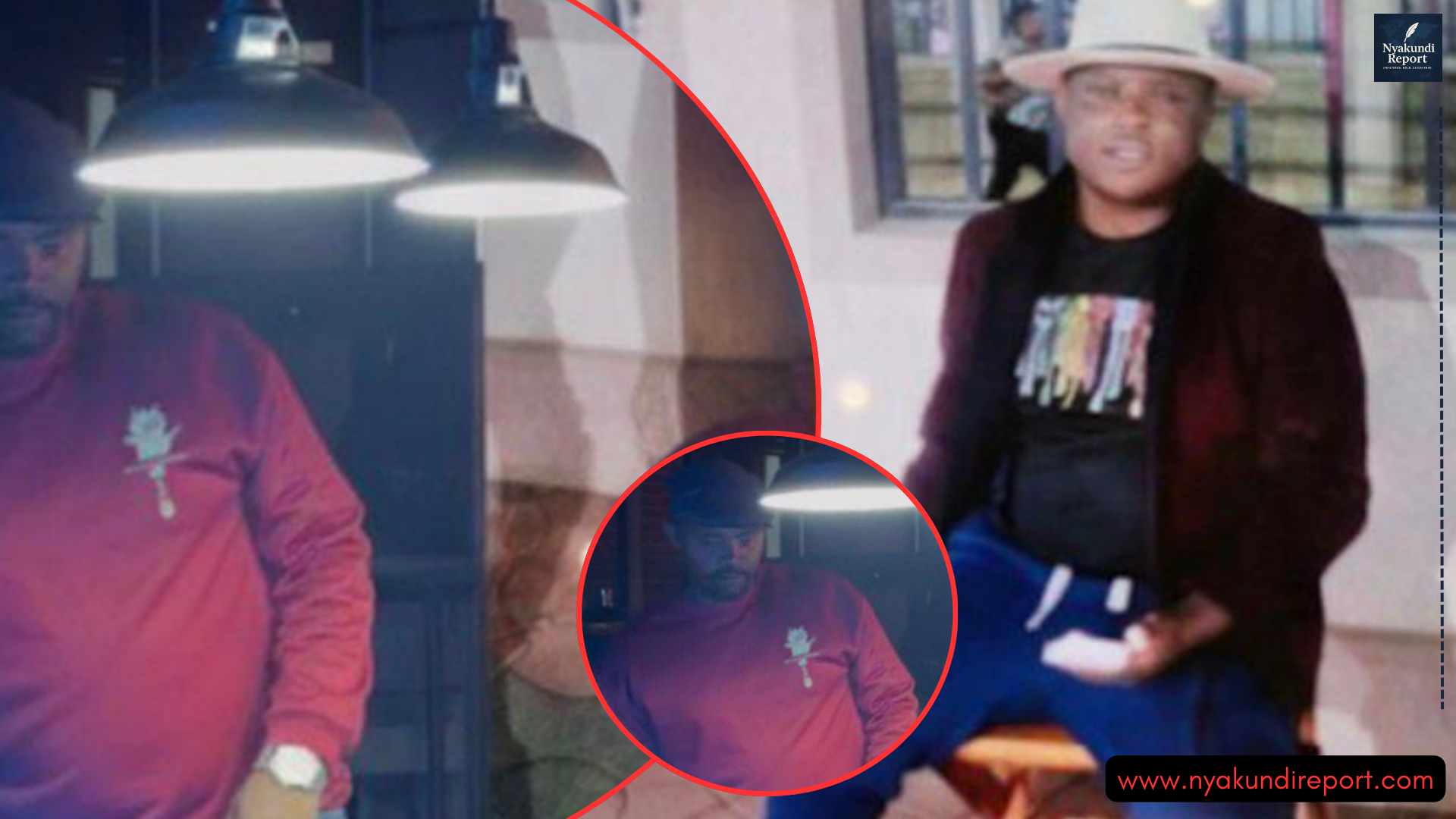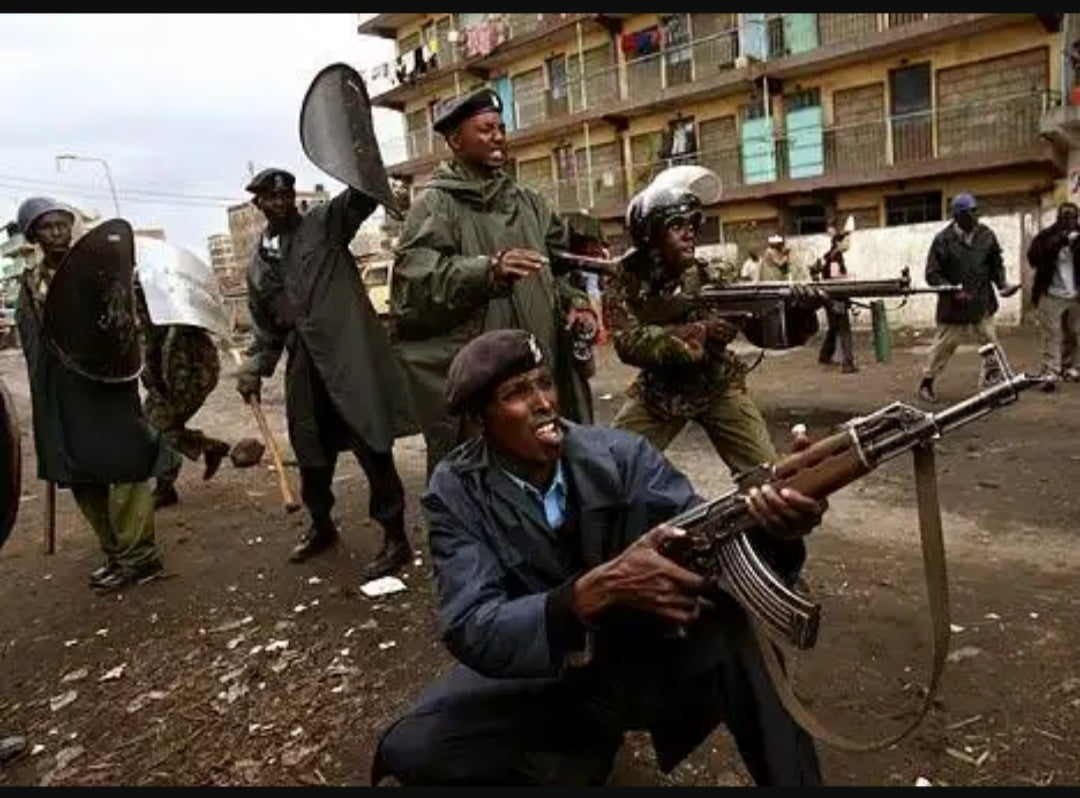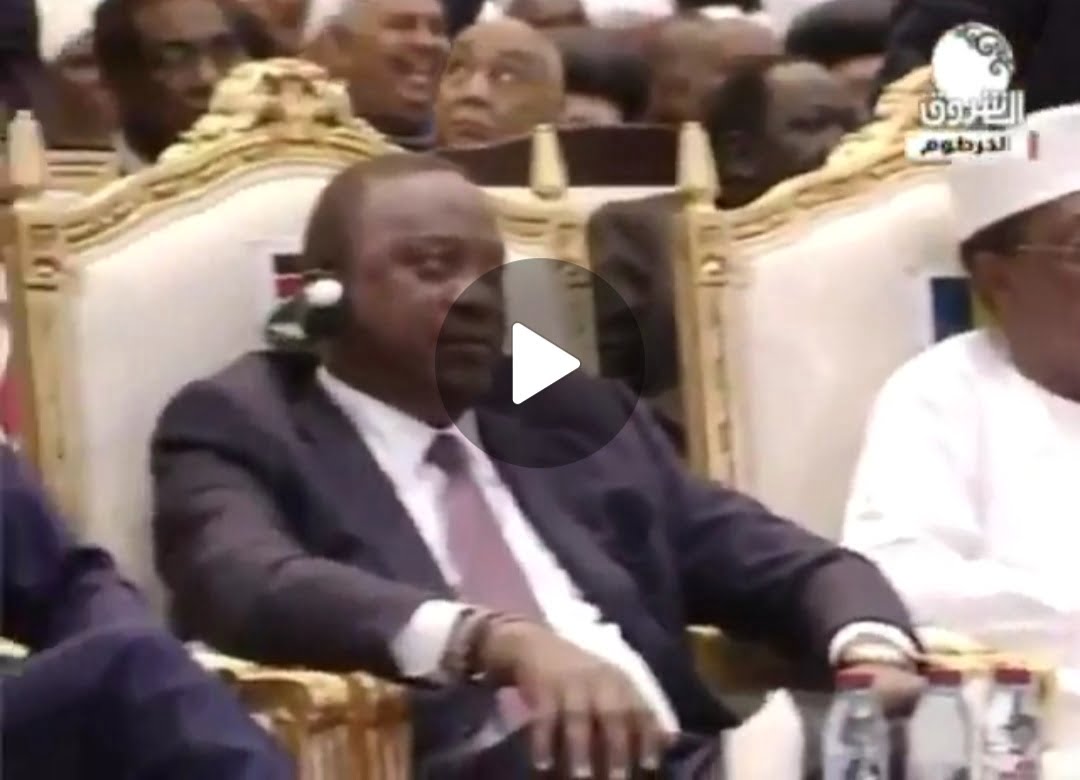Five Kenyans have issued a 48-hour ultimatum to Standard Group PLC, threatening legal action over what they call a defamatory and damaging news exposé.
The media house stands accused of falsely labeling them as government-backed agents sent to sabotage peaceful protests. The demand for retraction and apology has thrown the spotlight on the ethical conduct of mainstream media in a politically charged environment.
As pressure mounts, all eyes are now on Standard Media’s next move — comply or face a courtroom showdown that could reshape the boundaries of press freedom in Kenya.

Standard Media Faces Lawsuit Threat After Protest Coverage
Standard Group PLC, one of Kenya’s leading media companies, is in hot water following a hard-hitting news expose published on June 24, 2025. The piece, which accused five individuals of orchestrating chaos during the June 25 anti-government protests, is now the subject of a defamation battle.
A demand letter, dated June 27, was delivered to the CEO of the Standard by lawyers representing Careen Cherotich, Elizabeth Waithera, Antonella Kakuko, Don Kamau, and Samuel Mundia. The five accuse the media house of defamation, character assassination, and violation of their constitutional rights.
“You have plunged yourself into phenomenal trouble for defamation, vilification, and repulsive character assassination of our clients,” the letter read in part. The lawyers further stated that Standard Media published “cock and bull sensationalism” meant to self-promote at the expense of innocent citizens.
According to the article in question, the five individuals were portrayed as part of a state-sponsored network allegedly formed to infiltrate and disrupt the Gen Z-led protests. The report linked them to WhatsApp groups, alleged them to be recruiting goons, and accused them of various criminal acts — all without providing concrete evidence.
Accusations Rock the Five Named
The Standard’s report painted a damning picture of the individuals, connecting them to high-level government operatives and activities that bordered on criminal conspiracy. The article alleged:
- Careen Cherotich was a fund mobilizer operating from the Office of the Chief of Staff.
- Elizabeth Waithera was linked to coordination activities within Nairobi County.
- Antonella Kakuko was described as a digital “arsonist-in-chief” behind disinformation campaigns.
- Don Kamau allegedly incentivized theft of phones during the protests.
- Samuel Mundia was said to be a political enforcer with street gang connections.
Their names and photos were published across Standard Group’s digital and print platforms, including X (formerly Twitter), Facebook, YouTube, and Instagram. The five argue this exposed them to ridicule, public hatred, online threats, and reputational damage.
Their lawyers have now demanded that Standard Group:
- Retract all defamatory content across all platforms,
- Issue a public apology with the same level of intensity used in publishing the original expose, and
- Cease and desist from making any further defamatory statements.
They insist the story was not only false but also reckless, potentially inciting public backlash and endangering their safety.
Legal and Media Ethics Questions Loom
This lawsuit threat has reignited debate on media responsibility, especially when covering politically sensitive events. Critics argue that while the media has the right to inform, it must uphold accuracy, fairness, and responsibility — particularly when naming individuals in such serious contexts.
The lawyers representing the five were clear in their letter:
“Unless you comply with the terms of this demand within the next 48 hours, we are under firm instructions to launch suitable legal proceedings against you, to uphold our clients’ rights, without further reference and at your own peril as to costs and consequences.”
Standard Group has yet to issue a formal response to the allegations or the demands. If they refuse or delay, they could face a drawn-out court battle, possibly leading to heavy financial penalties, public embarrassment, or even changes in editorial leadership.
The Kenya Editors Guild and Media Council of Kenya have yet to comment, but media analysts say this could become a landmark case that tests the limits of freedom of the press versus individual rights to reputation and safety.
As the 48-hour deadline ticks away, many Kenyans are watching closely. This case could redefine how media houses handle whistleblower claims, expose stories, and politically volatile content—especially in an era of digital amplification and public outrage.











































